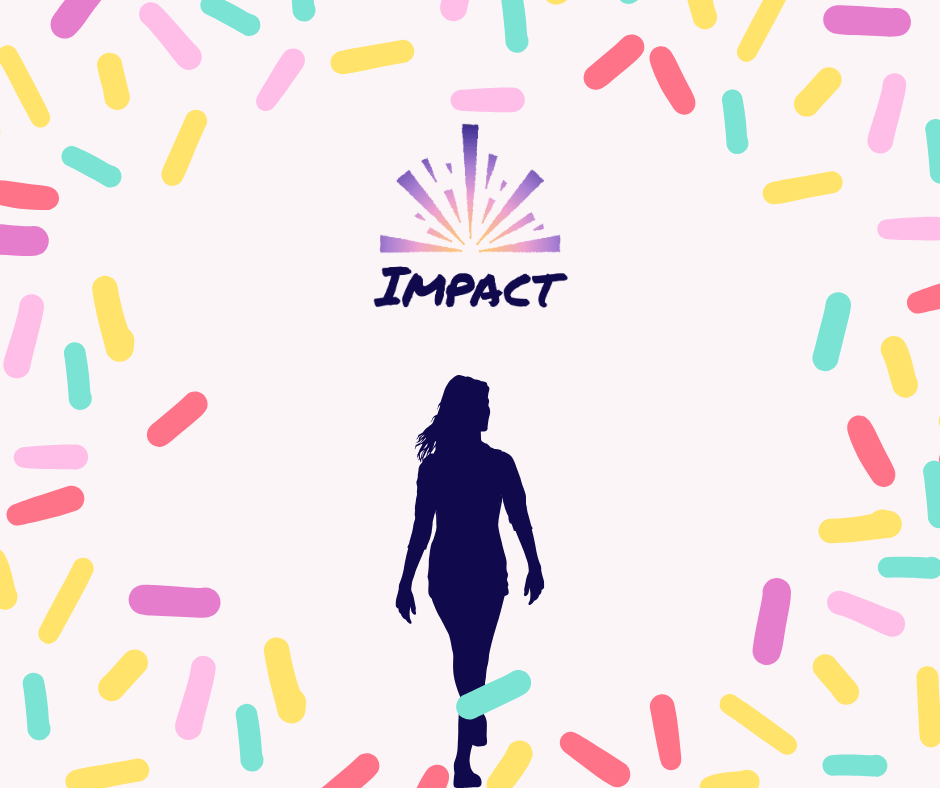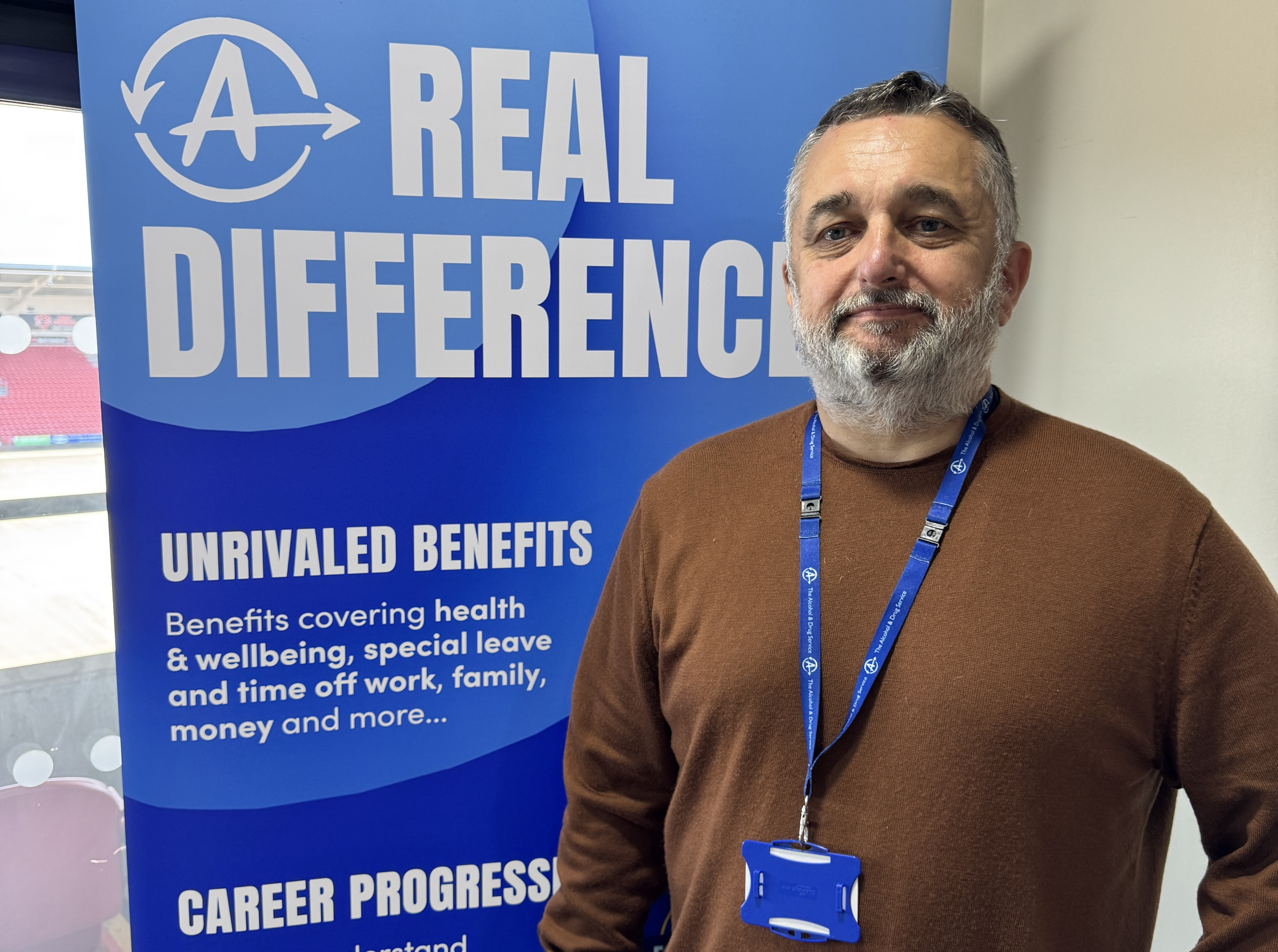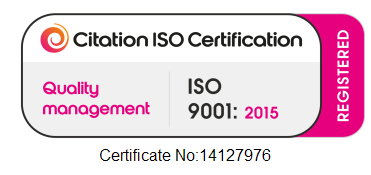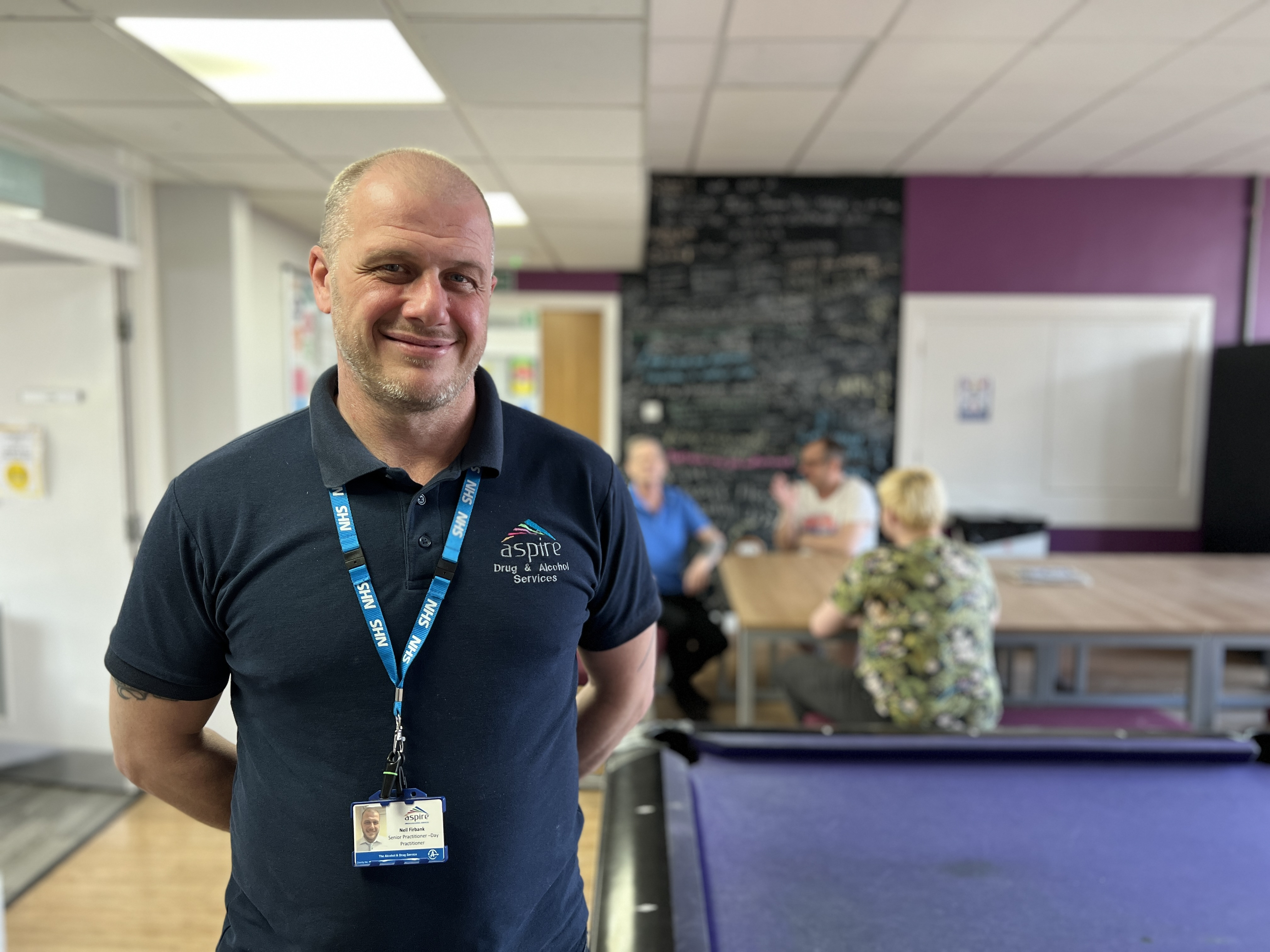
For the last 20 years, Neil has worked at Aspire New Beginnings in Doncaster, with people in a similar situation. He has chosen to tell his story to help spread the positive message that with professional support, it is possible to enjoy a happy recovery.
Looking back, Neil tries to understand how he got himself into situation which led to his lowest point - losing his children, job and home. A new low which also meant that he had and started injecting heroin every day. He starts:
“I grew up in a small mining village in South Yorkshire. Part of a very big family - one of seven siblings and my Mum was one of nine. Weekends and holidays were spent together, we were a very close family.
“I was generally happy, but I can see that that there was always some aspect of feeling like an outsider and at the tender age of 12, I began to enjoy drinking alcohol and smoking cannabis. Using these substances was a way to fit in and feel more confident
“At school, information about drugs was very rigid. Drugs kill. Do not touch them. So when I tried cannabis and the other so called ‘softer’ drugs, I felt that I’d been lied to, as I actually enjoyed it and didn’t think these drugs were as serious as the school advisers had led us to believe.
“Throughout my teenage years I enjoyed clubbing and progressed on to recreational drugs; LSD, MDMA and amphetamine.”
Despite this, Neil had been doing okay at school, but before sitting GCSEs, he left school to take up a YTS in a DIY retail shop. The money he earned supported his weekend activities and his drug taking career continued, all the while he was floating between different groups of friends and mingling with people much older.
He explains:
“I knuckled down and worked hard in my job. Then weekends were fuelled by drugs and weeknights were often spent drinking. Once the training scheme finished, I got a full-time job in telesales which paid a decent salary. I was in a relationship, we had a son together and I took on a step child as my own, but together we also enjoyed the party scene. Everything was great - on the surface we seemed to have it all.
“Then at the age of 19, my girlfriend and I made the decision to try heroin. We used it occasionally and neither of us saw it becoming a problem. But the day did come when I realised it was an issue, away on a big family holiday in North Wales. I craved a hit and was trying to locate a dealer in a strange town. I had become trapped in the cycle of sourcing and using heroin because I physically needed it.
“Even though I was hooked, for the first year or so I continued to function on a daily basis. My responsibilities increased at work and I enjoyed it, but after work I would turn up at my dealer’s house, still wearing my suit.
“The most common users don’t always live up to the stereotype. In fact the label ‘junkie’ doesn’t represent the majority at all. Family members may not suspect anything because their loved ones have a good job and appear to be managing everything in their lives. For a time, this was me.”
Over the next four years however, heroin became Neil’s main focus and his life spiralled out of control. He began to look unwell and lost a lot of weight. His physical and mental health was in decline. At which point his girlfriend’s parents became concerned about their lifestyle and removed the couple’s son and Neil’s step child from the family home.
It was shear luck that Neil and his partner had that family support, but at age 24, this was Neil’s rock bottom and following the death of his Grandfather, whilst sitting in chapel of rest, he made a promise to him to get his life together. He explains:
“I had always wanted to stop and tried on several occasions to detox, but without professional support, withdrawal from heroin causes the most excruciating physical pain which is relieved in an instant with another hit, so the cycle continues.”
In the village where Neil lived, a community centre set up a service to address what had become a widespread drug problem. Neil approached the staff who welcomed him in for a cup of tea and an ear to talk to. From that day on, he never touched heroin again.
Neil spent the next 14 months on methadone which he was able to gradually reduce over time, supported by group work at the centre.
“Methadone and peer support work saved my life.” He says.
During his treatment, Neil found a sense of purpose. He had always been a lover of the great outdoors and was given responsibility to create new group activities which involved getting out and about. He also went back to college to do the basics; IT, Maths and English and was successful in getting a full-time job with the local drug action team as the Service User and Care Coordinator, working across the whole of Doncaster. This gave others in recovery from drugs and alcohol the sense of community that had previously been missing from his own life.
“Funnily enough” Neil adds, “The current Service Manager at Aspire New Beginnings where I’ve worked for almost 20 years, was my original Key Worker. We are colleagues and friends now supporting people in our day programme, which follows on from the medical detoxification. We aim to provide a place to enjoy recovery, rather than endure it.”
One of the vital factors which can aid recovery is feeling part of and, being accepted by a community. Inspired by the London 2012 Olympics, Neil came up with the idea of the Recovery Games. He wanted an event that would not only bring people together to participate, but also spectate. Now in its eleventh year, the games attract people from across the UK, and last year a team from overseas joined the fun for the first time.
Whilst the recovery movement is seeing positive change, Neil says the pandemic lockdowns created a new problem and the number of people seeking help for issues with drugs and alcohol are rising.
“On average 40 new people approach us each week for issues with both drugs and alcohol - more than double the numbers presenting pre-pandemic. These are professional people; teachers, nurses, solicitors amongst others, working from home, drinking earlier in the day or using heroin to relax, then recognising it has become a problem.
Neil adds a simple message: “For anyone experiencing issues with drugs and or alcohol, we want you to know that help is available. Don’t give up on your loved ones, get in touch with your nearest service today.”
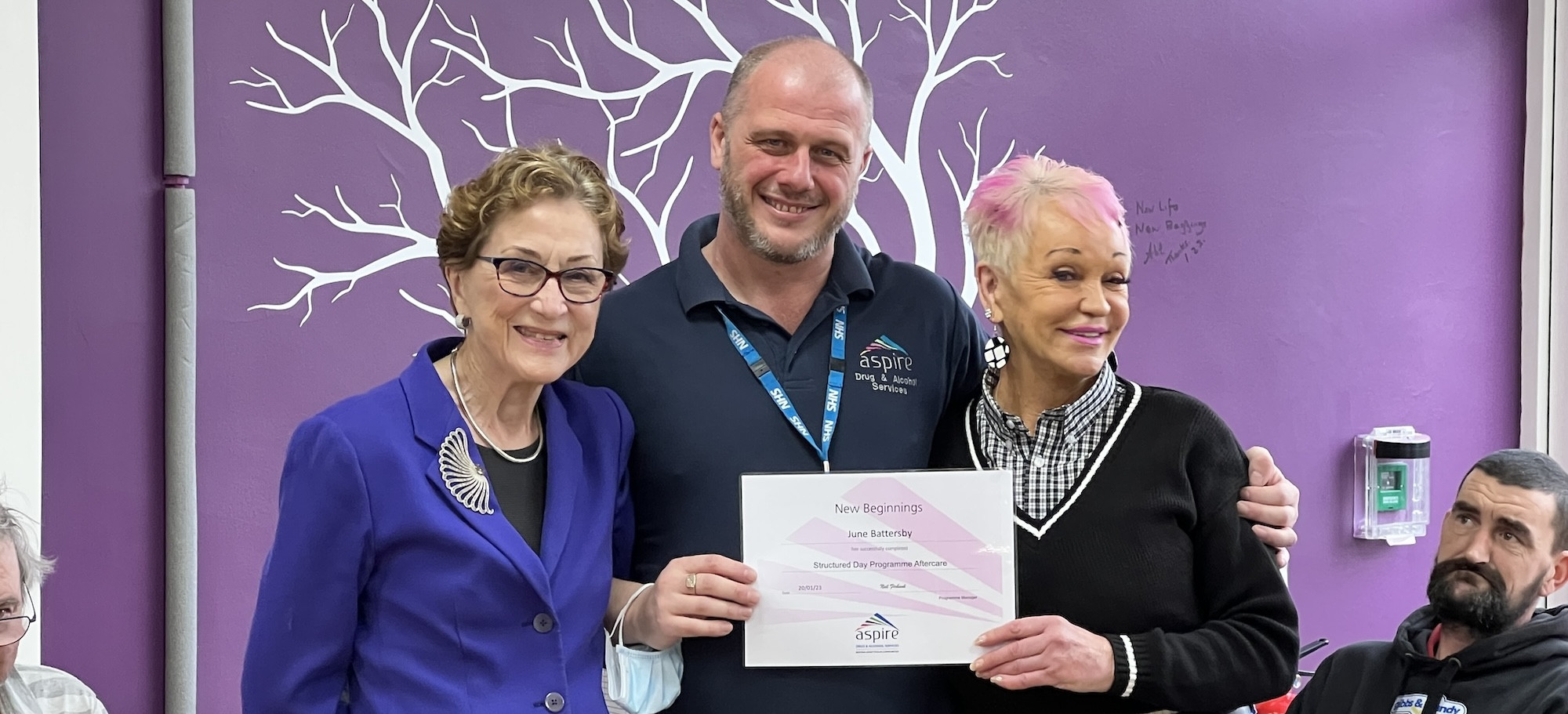
I was going to buy heroin after work in my suit
